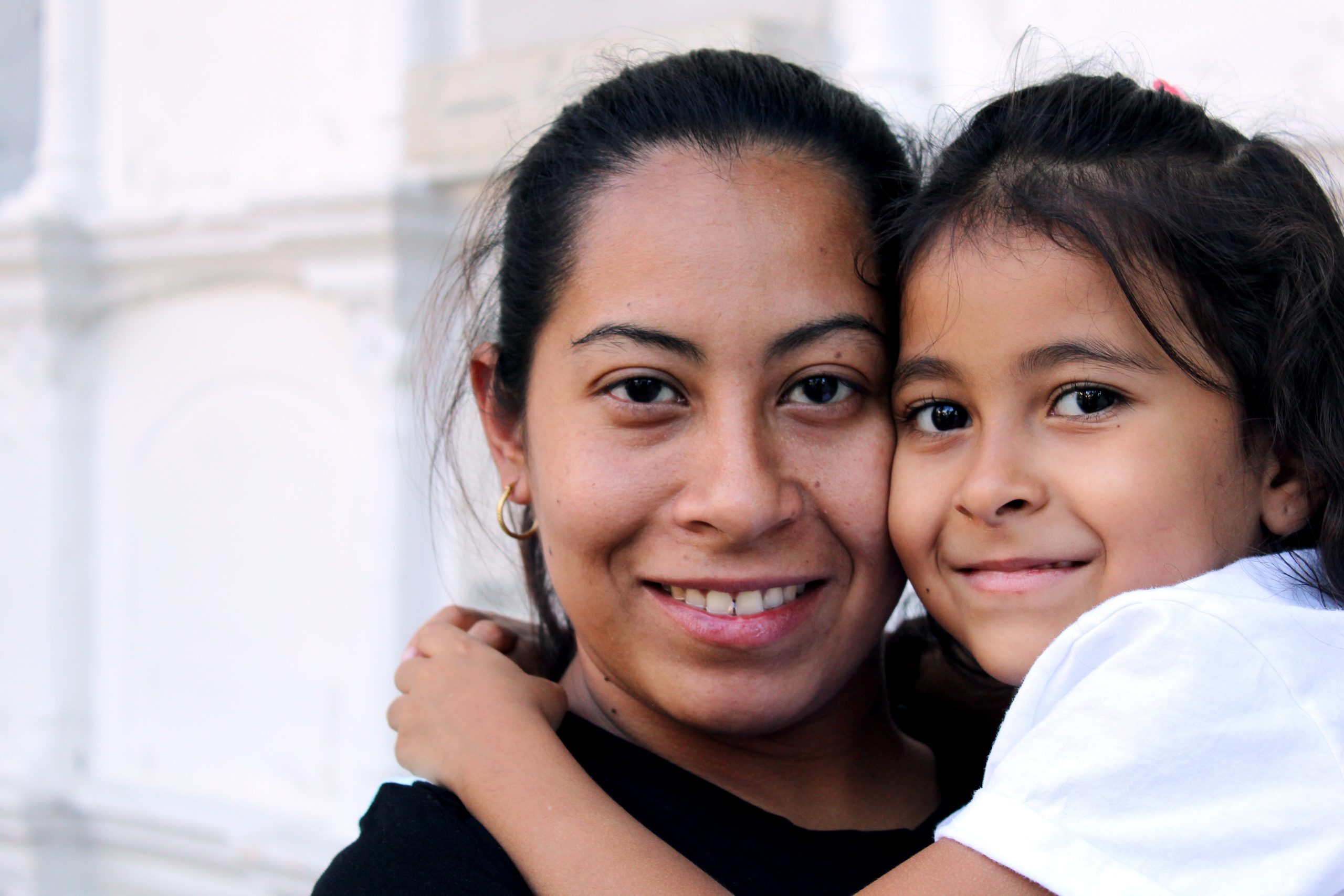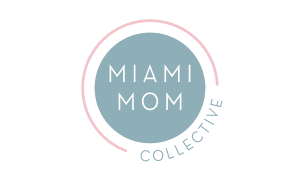It’s a confusing and frustrating time filled with uncertainty, rough transitions, and lots of firsts for many of us. Maybe it’s working from home or not working at all. We’re depleting our energy trying to adjust to our new normal and our parenting techniques may need to change too.
Most parents have probably had to parent harder than they’ve ever parented in a while. Balancing workload with homeschooling and setting a new standard and routine for their family.
This situation is testing us. It’s showing us all of the neglected parts of our own lives that need attention the most right now.
We’re being shown pieces of ourselves that we don’t want to see. That might look like angry mom, overwhelmed mom, or scared mom.
Although each day is filled with uncertainty, we’ve also been given the gift of time. Something we often complain we don’t have enough of. More time at home, more time to spend with family. This opportunity is inviting us to reconnect and learn more about ourselves and our children. That’s where conscious parenting techniques can be put to good use.
The practice of conscious parenting was first presented to me by the teachings of Dr. Shefali Tsabary who is the award-winning author of the New York Times best-selling book, The Conscious Parent. I attended her seminar this past February in Miami and had the opportunity to learn more about the principles firsthand.

Releasing Ego
Conscious parenting is deeply rooted in the perspective that having children is an opportunity for us to learn about ourselves and to be awakened to what needs to be healed within us.
One of the major mental shifts we have to undergo is to parent without ego and to not project our will or intentions onto our children. Instead, we should accept that they have a unique path of their own. Our responsibility is to honor their individual needs by listening to them and respecting their boundaries. Always being reminded that our children do not belong to us and are not our possessions to control.
As we are spending a lot of time at home and in constant communication with our children if we allow the process of parenting to unfold naturally we’ll start to see that children reflect back to us what is not healed within us, and provide us with the chance to deeply heal and transform.
When things seem to out of control, we must focus on ourselves to see where the problem lies, not on our children. It’s helpful to pause and take a moment to become an observer of the circumstance and ask, “What about this situation is triggering me?”
For example, if your child is being disobedient your ego may become triggered because we want to feel like we have power and control over our children. Society labels disobedient children as bad. That may lead to embarrassment, making you feel as if you are failing as a parent because your child isn’t listening to you. Take a moment to pause and listen to your child to find out what needs are not being met. It takes a lot of patience and an open heart but goes a long way for both of you.
Separating ourselves from ego is where most of the work of conscious parenting is centered.
In what ways do we force our beliefs and/or dreams onto our children instead of embracing their uniqueness? We all want the best for our children and it’s not from a lack of love that we push our children to their limits, it’s actually because we love them unconsciously.
One of Dr. Shefali’s most famous quotes is, “Love without consciousness becomes need and dependency. It becomes control in the name of love.”
A common form of ego-attachment becomes the most obvious when we feel as if our children are ungrateful. When parenting comes from a place of “look what I did for you,” or “look how much I sacrifice for you,” we are looking for external validation and are attached to receiving a certain response. We want to be applauded, commended, and revered. Children are simple, they find joys in the simplest things, not grandiose acts. As adults we make things complicated, competing for superiority.

Being Present
We are programmed by society to feel inferior as parents if we aren’t giving our children the best of everything or pushing them into a packed schedule of activities. Institutions (school, day camps, extracurricular programs) create lack mentality in us. We lack the ability to be present so we have to stay busy at all times. Alternatively, it’s the constant pressure of keeping up with other families. If other children are doing it our children are missing out if they aren’t doing it too.
We are feeling the effect of this now more than ever since the world has come to a complete standstill. Are your children missing their packed schedules or are they enjoying the ordinariness of another day? Children need to be children, allowed to use their imaginations and let their minds wander, not having to rush from one activity to another. What we keep from our children is their own mind. We don’t allow them to think for themselves or to feel what it’s like to sit in perfect silence – no devices, no distractions, just their thoughts.
Leading By Example
As parents, we always want to be a shining example for our children. The picture-perfect portrait of how our children should be. This way of parenting can cause children to grow up feeling like they are never good enough, or will never be as smart/funny/perfect as you are. To truly lead by example is to display kindness and compassion to others, most importantly yourself, and to laugh and admit your mistakes. When your children see that you handle things with grace and authenticity, they can feel comfortable making mistakes and being their true selves.
Trust
A concept that most people, let alone parents, struggle with is trust. Acknowledging that your child has their own journey to take in this life is just one part of it. You have to trust that your child is capable of making decisions that will benefit their highest and greatest good, no matter what. This includes mistakes, missteps, and actions that may go against your desires for them. They’re all a part of their lesson. Reflect on all of the things you’ve been through and had to overcome. This is what has made you who you are today. The same is true for your child. Every piece is part of a larger puzzle.
Identity
A welcome reminder that Dr. Shefali also emphasizes is that our entire identity shouldn’t be centered around motherhood. That’s how we lose ourselves and feed into the need to over-parent and control. When we become too invested in the lives of our children, we aren’t allowing ourselves to flourish. It’s important that we prioritize our needs and desires and go after our dreams.
Being a conscious parent is a daily practice. No one’s asking you to be perfect. In fact, showing your kids that you’re not is the best gift you can give them. Check out this post for more tips on how to be a mindful parent.
Have questions about conscious parenting? Feel free to reach out to me directly or in the comments below.

















Thank you for this. I didn’t realize how much I needed to read this until I read it. I really appreciate it!
Comments are closed.